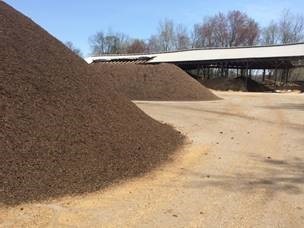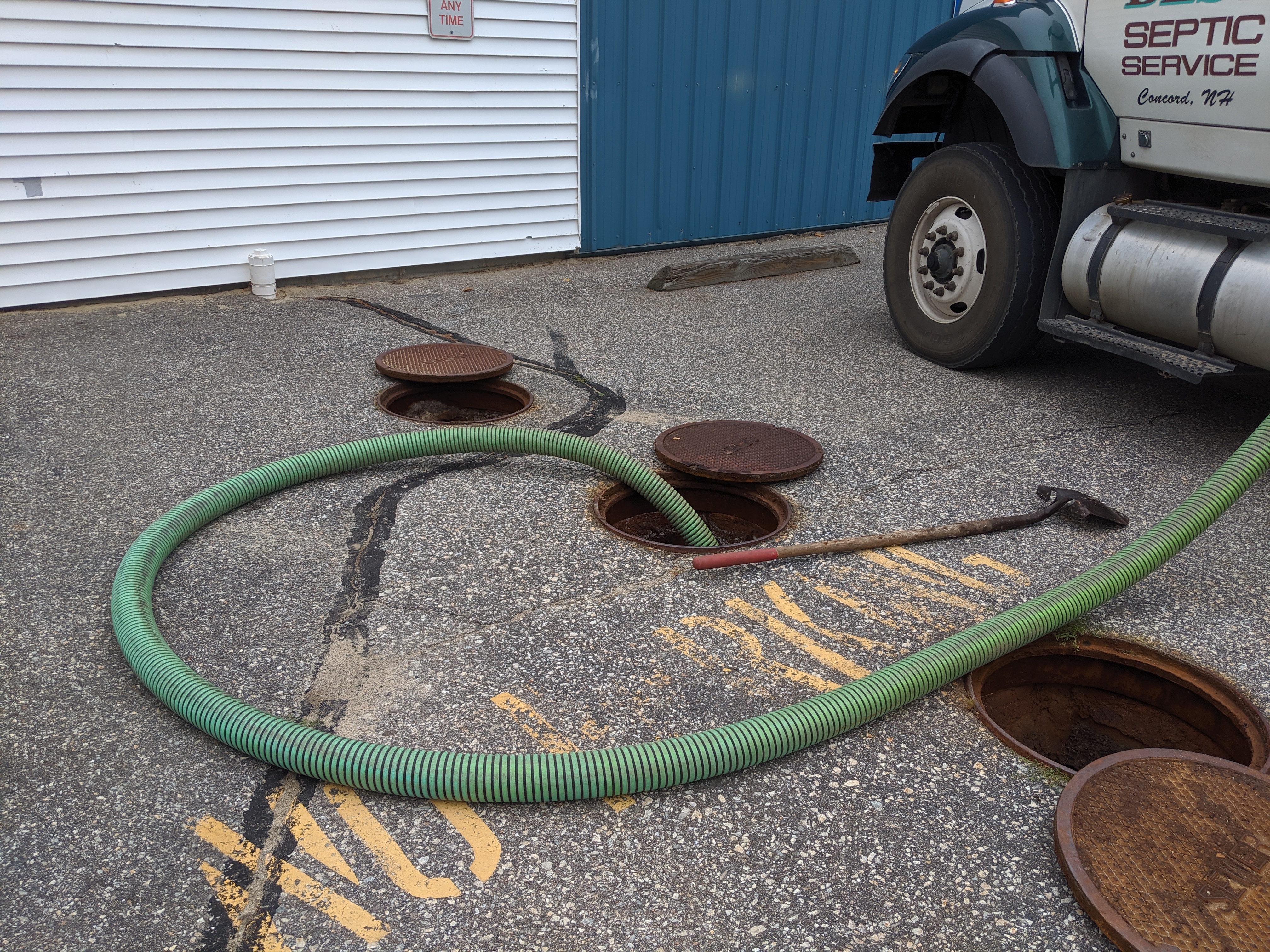Sludge and Septage
Regulating the removal, transportation and disposal of residuals to ensure it’s done in a way that is protective of the environment.
Sludge and septage, while both wastewater products, are different materials: sludge is the semi-solid material produced by water and wastewater treatment processes, whereas septage is the liquid and solid material removed from septic tanks, cesspools, holding tanks, or other sewage treatment/storage units. These residuals can include pollutants and pathogens, such as E. coli, that can potentially harm people, animals and the environment if not handled properly. NHDES regulates the removal, transportation and disposal of sludge and septage to ensure this material is utilized or disposed of in an environmentally sound manner. Residuals can be disposed of by the following three methods:
- Treated, tested and certified so they can be recycled for beneficial reuse through land application.
- Disposed of as waste products at a permitted (lined) landfill.
- Incinerated as waste products at a permitted facility.
Septage Management Videos
Did you know?
Did you know?
Biosolids is sludge that has been treated and tested to meet specific criteria for beneficial reuse. Find out more on the biosolids page.
Resources
Related Content

Facility Permits for sludge or septage
Any entity proposing to undertake sludge or septage management activities at their facility shall apply for and receive a Facility Permit from NHDES. The permit application process only applies to those sources that are not conducting activities that are permitted under separate authority.

Land Application (Site) Permits
Any entity proposing to land apply sludge or septage shall apply for and receive a Land Application (Site) Permit from NHDES. The permit application process only applies to those sources that are not conducting activities that are permitted under separate authority.

Sludge and Septage Hauler Permitting
Haulers are required to obtain a permit from NHDES in order to transport sludge and septage materials in the state of New Hampshire, in accordance with Env-Wq 800 (sludge) and Env-Wq 1600 (septage). Once permitted, haulers are required to maintain, and submit to NHDES, records of each load of sludge or septage collected and the final disposal location. NHDES inspects septage haulers biennially to ensure proper records are maintained and ensure compliance with the Septage Management Rules.
Land Application
NHDES issues Sludge Land Application Permits to ensure land application of biosolids is done in a protective manner.




